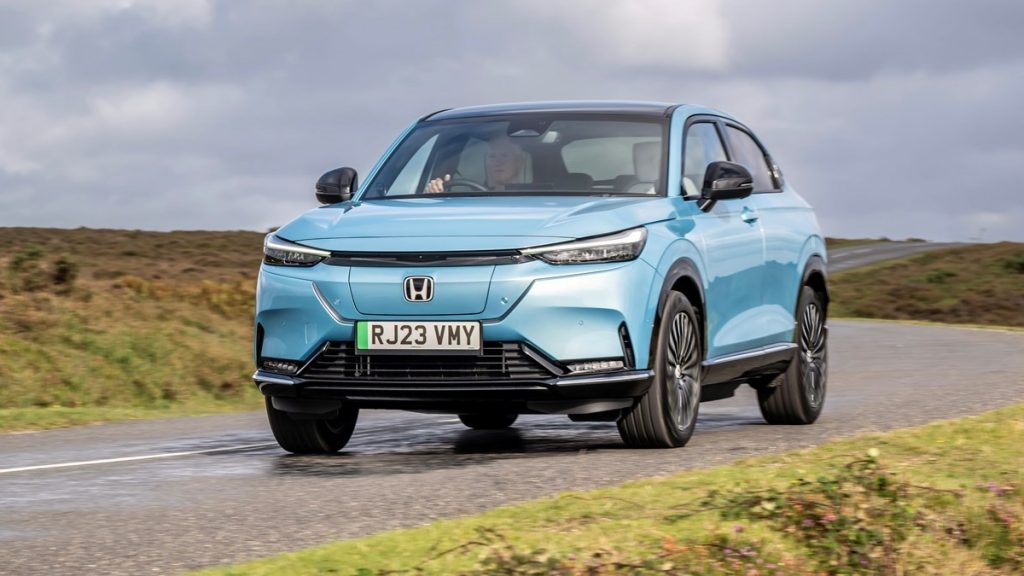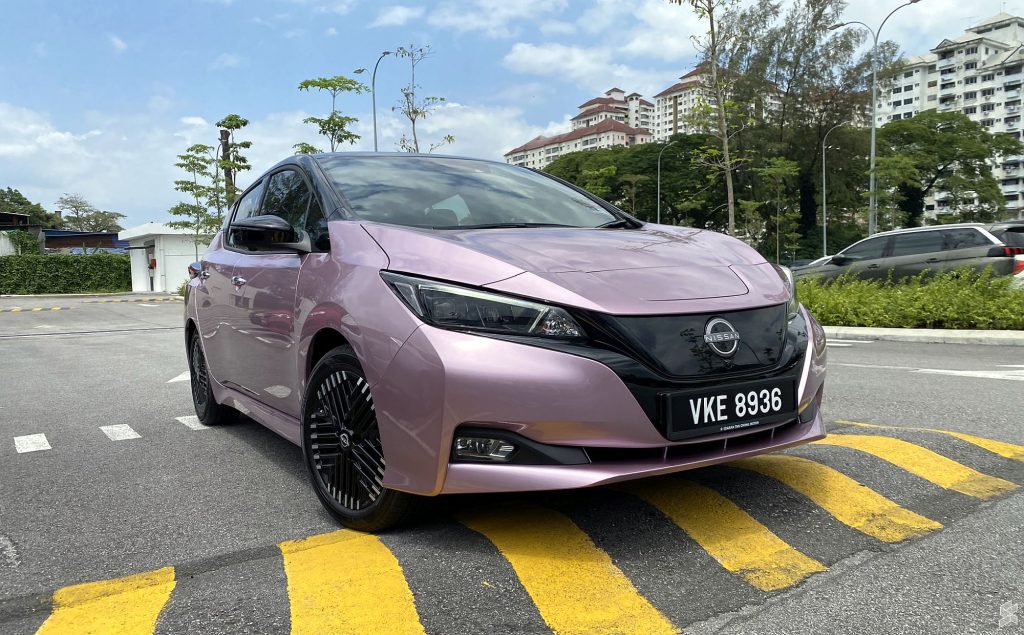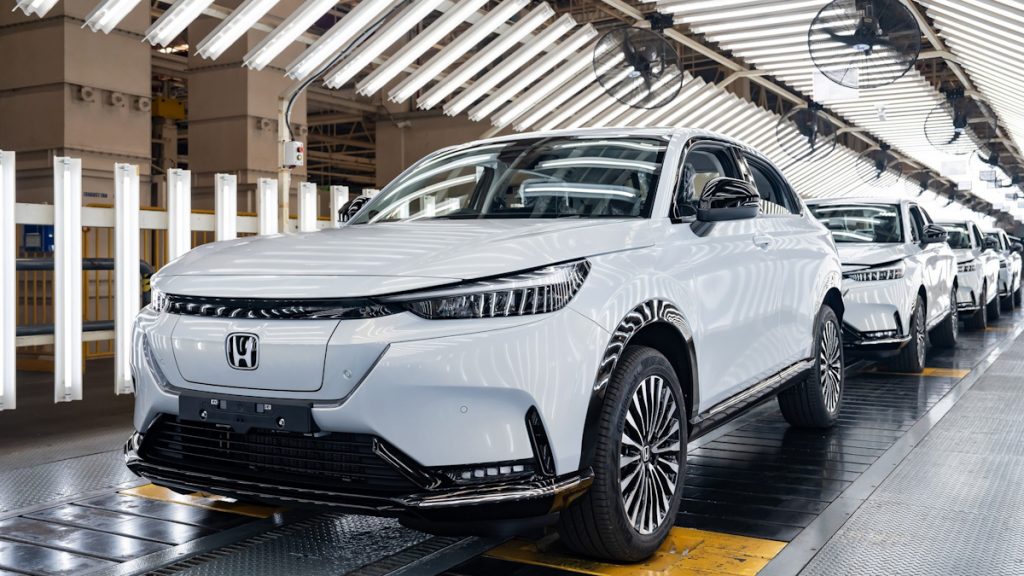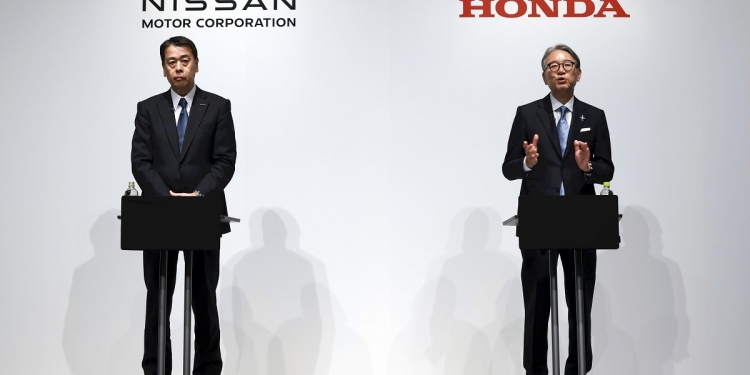A report popped up online recently stating that the two biggest automotive companies in Japan, Honda and Nissan, have agreed to start a feasibility study to see if they can go into a strategic partnership to develop electric vehicles. The two companies aim to be more competitive when it comes to costs by standardizing core components for EVs. The study comes on the back of the continual EV push from manufacturers in China.
Why are Honda and Nissan collaborating?


According to The Japan News, the two companies wanted to cooperate after feeling lag in pushing out EVs to go against brands like BYD and Chery.
“Emerging companies are becoming competitive extremely quickly. We are aware that we might be shaken out.” Toshihiro Mibe, president of Honda said at a press conference on Friday.
The fact that Japanese automotive companies are lagging in EV manufacturing is odd as major brands like Honda have investments in storage battery plants and other facilities for EVs. It is then a mystery why the companies can’t create affordable EVs like the Chinese brands.
The collaboration will push Honda and Nissan to the forefront of EV research and design

If the partnership between the two automakers expands further in the future, it may alter the market share of top manufacturers in the auto industry in Japan. Honda aims to have EVs, and fuel cell vehicles (FCVs) represent all of its new vehicle sales by 2040.
Nissan President Makoto Uchida said, “If we take time to predict what things will be like five years from now, there is no time to waste.” Mibe added, “In order to remain leading players [in the future], it was now or never to make a move.”
While Nissan leads the EV market in Japan, they are struggling in overseas markets. The company even had to reduce production capacity in China by about 30% because of slow sales. Brands like Chery, Ora and BYD are marketing cheaper EVs at a brisk rate – the BYD Dolphin was recently crowned as Japan’s best Battery EV (BEV), which was won by the Nissan Sakura in 2023.
Honda said that with the potential collaboration, the two companies will be able to create a better mass-produced EV using common parts and design. There is even the possibility for Mitsubishi Motors, which has close ties with Nissan, to join this latest partnership framework.
[SOURCE]








